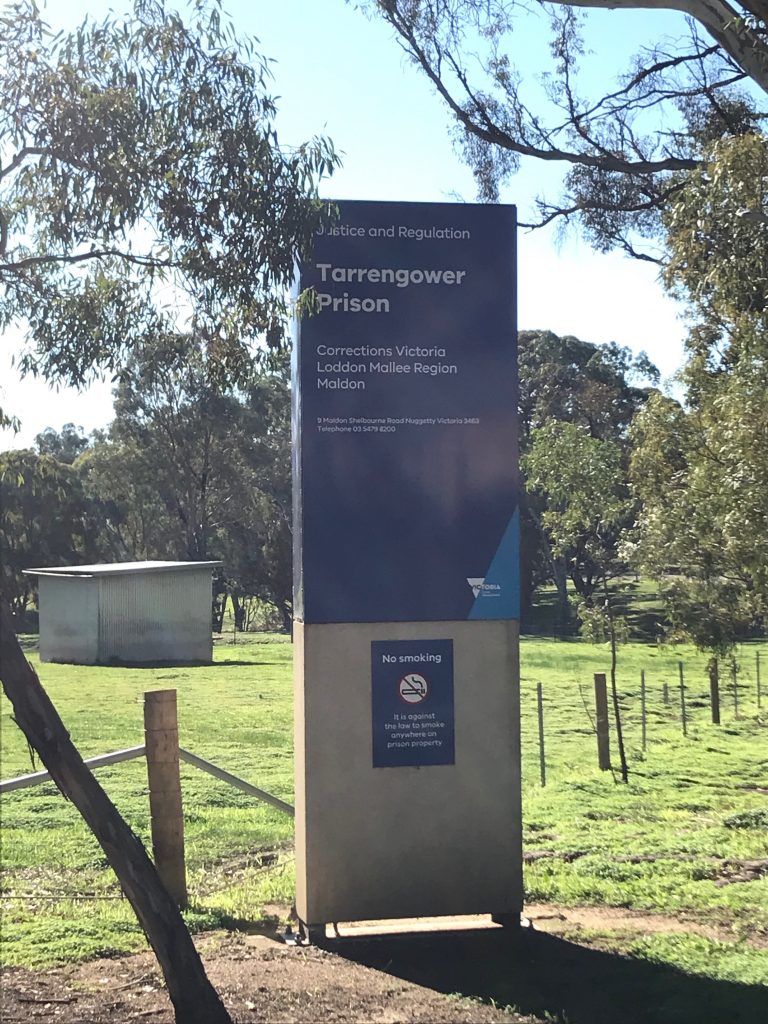

When Mae and Kaela headed north from Melbourne to the historic Goldfields town of Maldon in Central Victoria, they knew the day would be different, but they never imagined the difference they were about to make with a group of women.
Working as lawyers in Justice Connect’s Not-for-Profit Law team, they deliver legal training to not-for-profit organisations across Australia. Their speciality − making the law easy to understand.
So, why was their trip to Maldon so different?
That day, with thanks to a grant from the Victorian Women’s Trust, they were heading to Tarrengower Prison to train prisoners − with a mission to empower these women with knowledge, skills and confidence to get involved in community organisations after release, as a pathway to workforce participation.
Tarrengower Prison is the only minimum security female prison in Victoria and houses up to 78 women. Unbeknown to many, like other prisons, it has a number of committees. For example, the Recreational Committee and the Prisoner Representative Committee are made up of prisoners who make decisions on behalf of and for the benefit of the prison population, who hold particular roles such as president and secretary, who have budgets and finances to monitor and key risks to manage, just like any other not-for-profit committee.
Over two visits to Tarrengower Prison, Mae and Kaela facilitated four legal training sessions for a self-selected group of women; those who were currently involved in a prison committee, wanted to get involved, or were keen to volunteer in a community group after release. The training covered good governance, including key legal duties of committee members, the importance of rules and purposes, positions in a committee. There was lots of opportunity for discussion, group work and activities. Volunteering in community groups more generally was also discussed, with a focus on the women’s own legal rights and responsibilities.
Four training sessions later, and every single participant reported positively on the experience.
Another participant expressed feeling more optimistic about the career choices available to her upon her imminent release, thanks to the time spent with Mae and Kaela. The training “was engaging, motivating and empowering. You don’t often get that in here”.
Greater participation in and structure of the Recreation Committee was noted as one of the medium-term outcomes, along with improved relationship and communication between committees and prison staff.
During the wrap-up and the feedback session, Sue Turner, Health and Well-being Officer at Tarrengower Prison commented:
“This training could be run twice a year for many years to come and be a foundational component of pre-release education…”
Two lawyers. 12 hours of training. A lifetime of empowerment.
